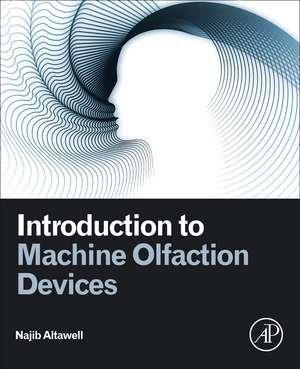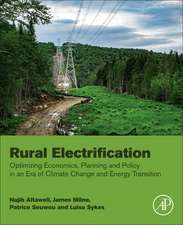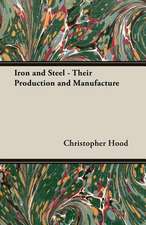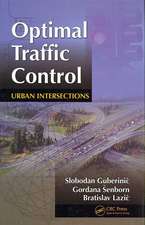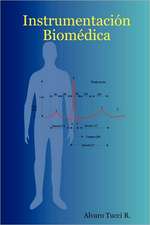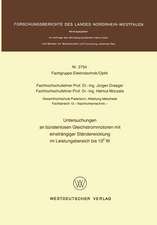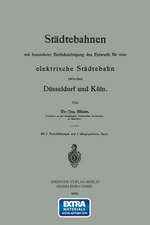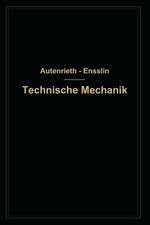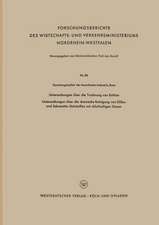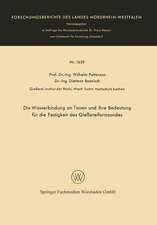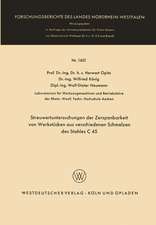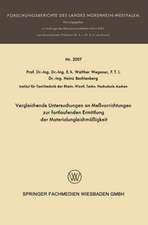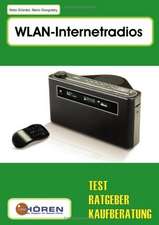Introduction to Machine Olfaction Devices
Autor Najib Altawellen Limba Engleză Hardback – 19 oct 2021
Aimed at developing a novel and improved MOD with more efficient on-board data processing capability for monitoring applications, this book will help you to design an MOD with
- a faster stabilizing base line;
- a quicker sample result display;
- an ability to use ambient air;
- a low power consumption; and
- the ability to deal with different varieties of organic/inorganic samples.
With a huge range of potential applications, this book will be of special interest to those working (or studying) in this field at every level, from Biomedical, Energy, or Electrical Engineers, to Computer or Food Scientists.
Introduction to Machine Olfaction Devices discusses the various aspects of a MOD device, from historical approaches to state-of-the-art technologies. This book also covers the mechanism in dealing and detecting gases, odor, and aroma. Problems and solutions relevant to present day design have been outlined as well as a step-by-step guide to Machine Olfaction Device (MOD) design. Sensors and gas systems, along with polymers and certain manufacturing processes, have been discussed, together with other relevant materials for the MOD process and functions including comparison and validations, data processing, data analysis, MOD new design, micro systems, and monitoring systems.
Aimed at developing a novel and improved MOD with more efficient on-board data processing capability for monitoring applications, this book will help you to design an MOD with
- a faster stabilizing base line;
- a quicker sample result display;
- an ability to use ambient air;
- a low power consumption; and
- the ability to deal with different varieties of organic/inorganic samples.
With a huge range of potential applications, this book will be of special interest to those working (or studying) in this field at every level, from Biomedical, Energy, or Electrical Engineers, to Computer or Food Scientists.
- Focuses on the most important and relevant aspects of designing machine olfaction devices (MOD) which currently require a solution
- Topics covered include: MOD and market issues; MOD and cost; MOD and technical issues; MOD applications
Preț: 576.67 lei
Preț vechi: 935.15 lei
-38% Nou
Puncte Express: 865
Preț estimativ în valută:
110.34€ • 115.52$ • 91.30£
110.34€ • 115.52$ • 91.30£
Carte tipărită la comandă
Livrare economică 31 martie-14 aprilie
Preluare comenzi: 021 569.72.76
Specificații
ISBN-13: 9780128224205
ISBN-10: 0128224207
Pagini: 254
Ilustrații: 40 illustrations (10 in full color)
Dimensiuni: 191 x 235 mm
Greutate: 0.65 kg
Editura: ELSEVIER SCIENCE
ISBN-10: 0128224207
Pagini: 254
Ilustrații: 40 illustrations (10 in full color)
Dimensiuni: 191 x 235 mm
Greutate: 0.65 kg
Editura: ELSEVIER SCIENCE
Public țintă
Biomedical Engineers, Computer Scientists, Electrical Engineers, Energy Engineers, Food Scientists; the potential applications for the technology are broad. The subject area is niche, but according to the reviewers should be of interest to anyone working in this field at every level; from students, to academics, to industry professionals.Cuprins
1. Background, Materials, and Process2. Comparison and Validations3. Machine Olfaction Device Data and Data Analysis4. Applications5. Design6. Micro System and Applications7. Nanoelectronic Systems8. Machine Olfaction Device Nanostructure Coating9. Test and Training10. Review and Machine Olfaction Device Future Implications
